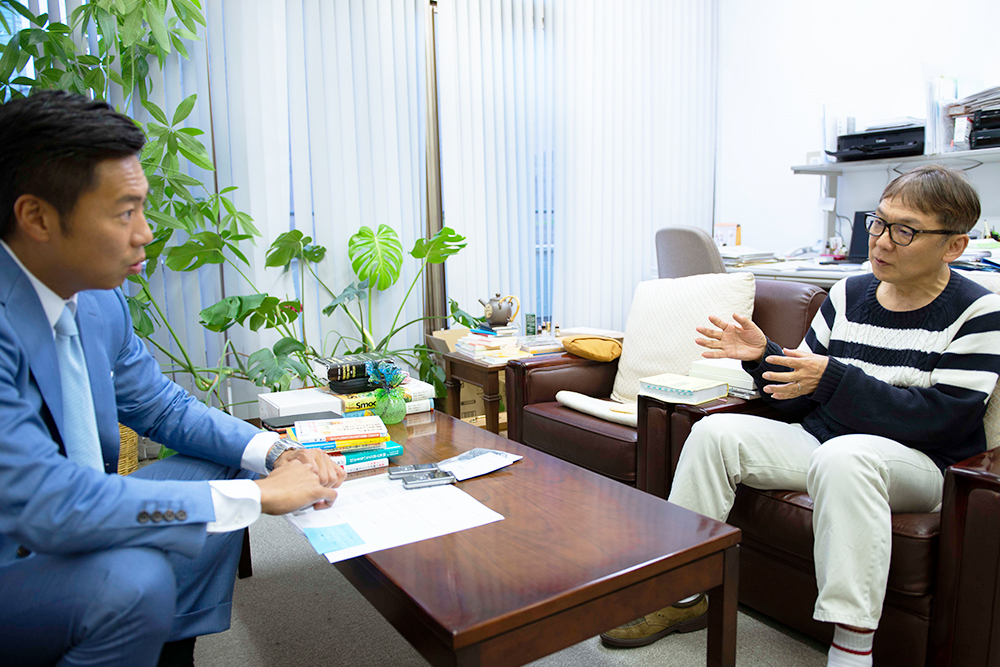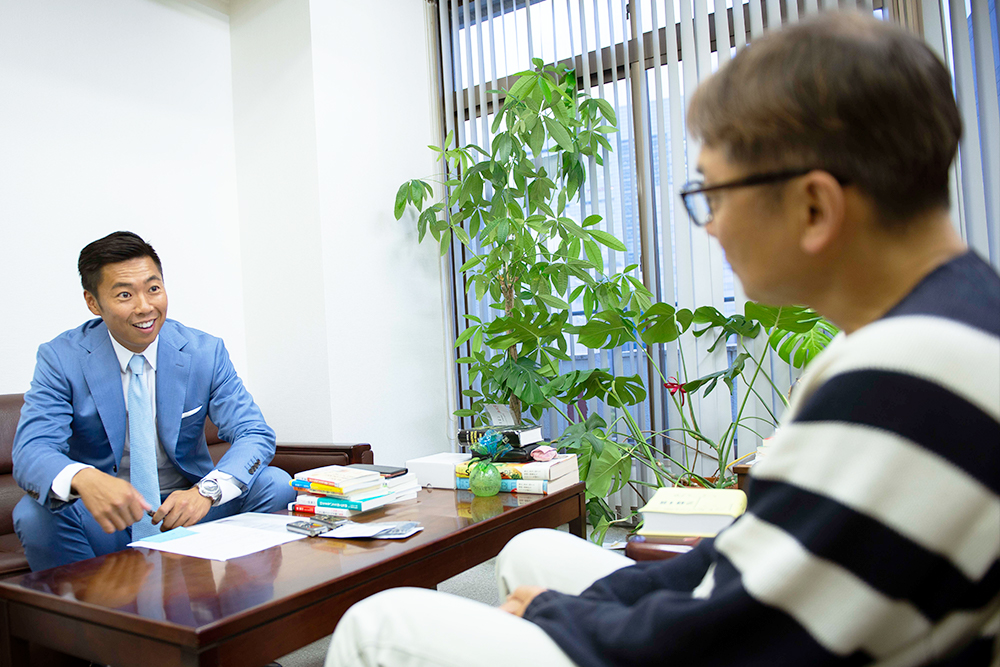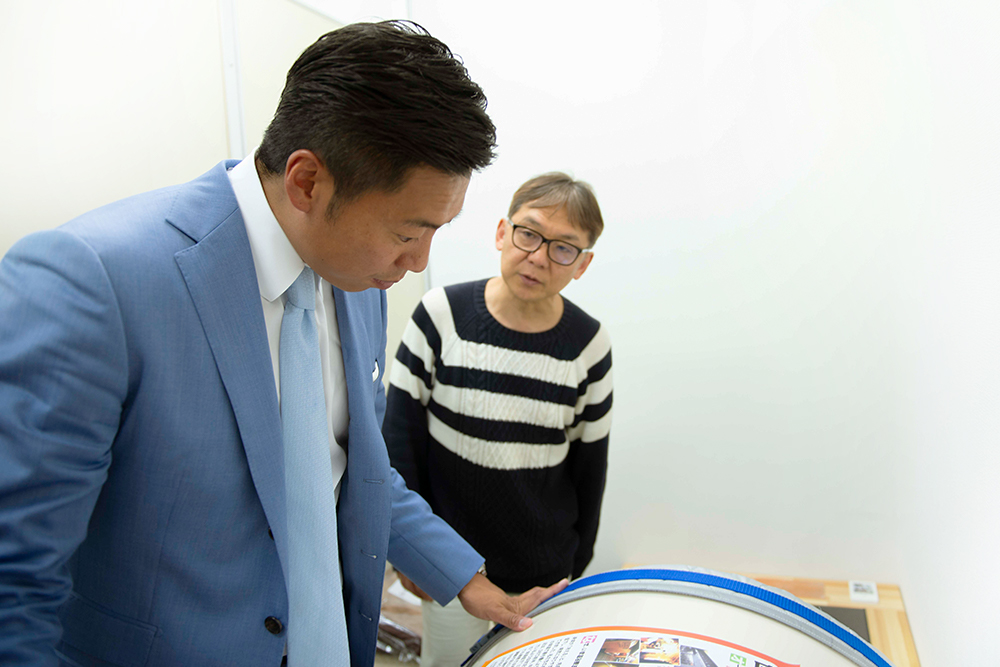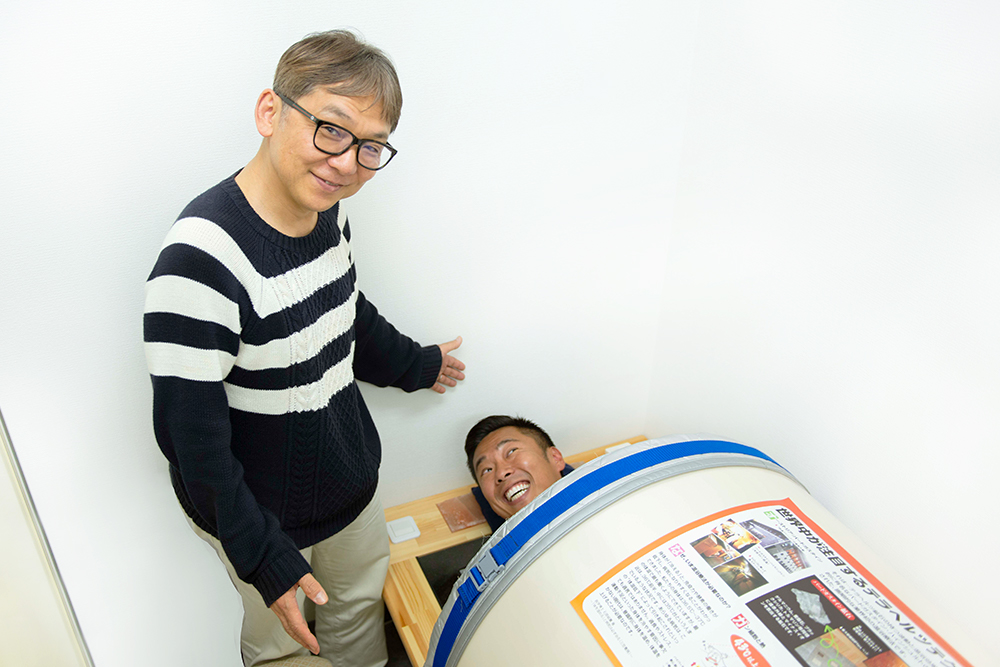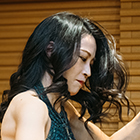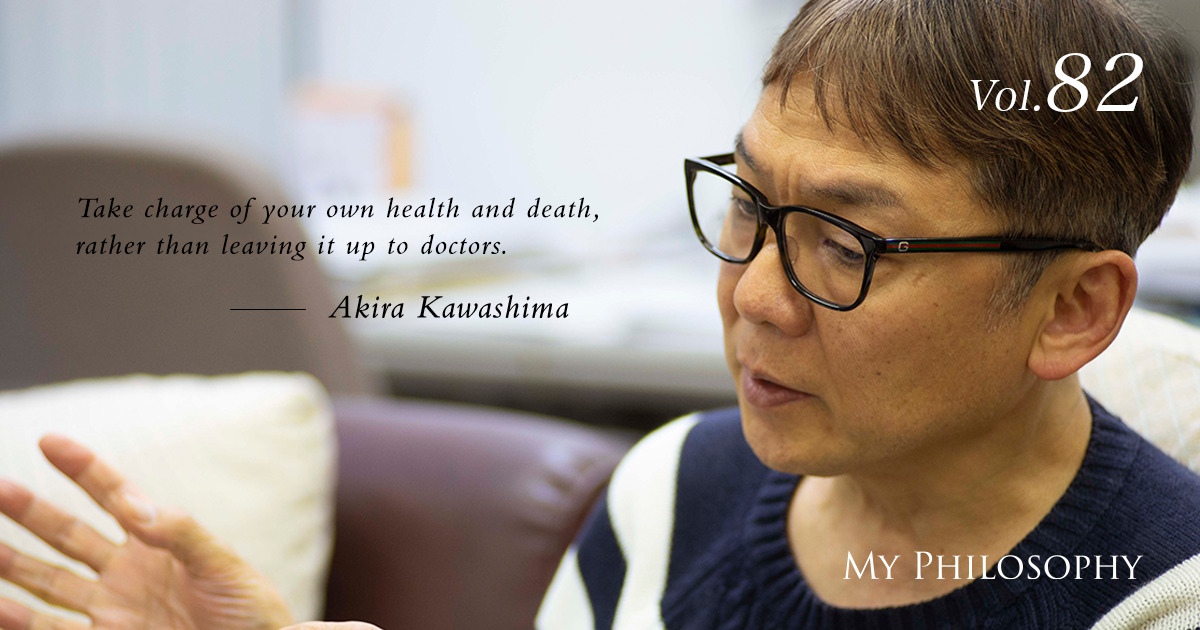
Mr. Akira Kawashima, author of "A Doctor's Guide to a Happy Death (Ishi ga Oshieru Kofukuna Shinikata)" and "What You Can Do Today to Smile on the Last Day of Your Life (Jinsei Saigo no hi ni Egao de Irutameni Kyou Dekiru Koto)." We spoke to him about his approach to health and death through comprehensive medical care.
Profile
Vol.82 Akira Kawashima
Doctor | Doctor of Medicine | Professor, Department of Acupuncture and Moxibustion, Faculty of Health Sciences, Tokyo Ariake University of Medical and Health Sciences
Born in Tokyo in 1957. Graduated from Hokkaido University Faculty of Medicine. Completed graduate school studies at Tokyo Women's Medical University. From 1993 to 1995, he studied at Harvard Medical School, Massachusetts General Hospital. In 2003, he opened the "Tokyo Women's Medical University Aoyama Woman Natural Medical Laboratory," the first Japanese university hospital to offer integrated medical treatments, and became its director. He has long sounded the alarm on the dangers of having a cold body and is also an advocate for the Quality of Death (QOD), encouraging people to consider "what their ideal death would look like" as a principle for living a better life without regrets. His major works include "42 Medical Records to Not Die by Health Methods (Kenkoho de Shinanai tame no 42 no Karute))" (Suiohsha), "90% of Illnesses Can Be Prevented with 'A-I-U-E-O'(Byoki no 9wari wa ‘A-I-U-E-O’de fusege!)" (Soueisha/ Sanseido Co.,Ltd.), "Preventing All Kinds of Illnesses with the Kawashima-style Warm Life for Body and Mind (Kawashima Ryu Onkatsu de Kokoro to Karada no Manbyou wo Fusegu)" (Metropolitan Press Corporation), "Waking Up Beautiful with Dryer Moxibustion (Kirei ga Mezameru Dryer Okyuu )" (GENDAI SHORIN PUBLISHERS CO.,LTD.), and many others.
Health Insurance Treatments: Spending Someone Else’s Money
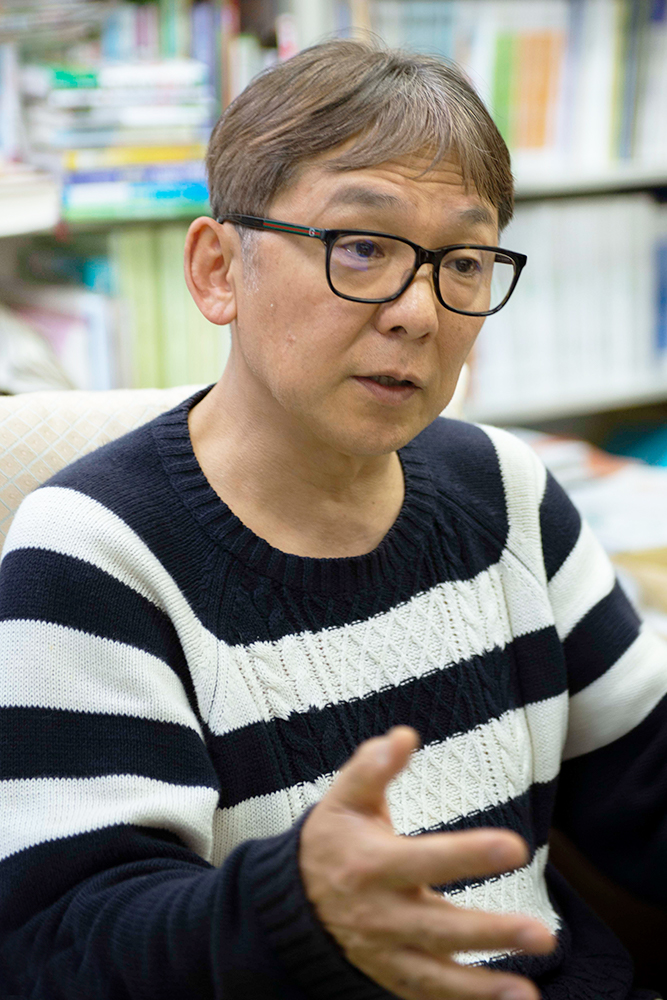
Japan’s healthcare costs are on an unrelenting rise, threatening the very stability of the nation. Even minor ailments like a cold prompt immediate visits to the hospital, leading to an escalation in healthcare spending. A critical misconception under the universal health insurance system is that patients are only responsible for 30% of their medical expenses, while the remaining 70% is covered by health insurance, effectively using other people’s money. For the elderly in the later stages of life, this figure rises to 90%, and for children under middle school age, it’s 100% covered by others. Hence, there’s a need for everyone to reconsider if visiting a hospital for minor issues is necessary and to foster a mindset of avoiding illness where possible. Typically neglecting one’s health with a reliance on medical care only when sick, known as “delegated healthcare,” only serves to perpetually increase healthcare costs and national debt (borrowing from future generations).
Western medicine views disease as an enemy to be eradicated, akin to the medical approach of hunter-gatherer societies. While this has yielded its measure of success, the inability to identify a clear enemy often leaves practitioners helpless when tests reveal no abnormalities. A crucial element missing in Western medicine is the recognition that it is humans who bear illness. For example, whether a person is physically weak or strong, the same disease will prompt the same treatment under Western medical practices. This can lead to treatments that diminish the already limited strength of some patients, potentially leading to death. There’s a one-size-fits-all approach to treatment, disregarding the individual values and needs of patients. The prevailing attitude in modern healthcare is that beating the disease equates to happiness for all, an oversimplification of health and wellbeing.
Establishing an Education System for Traditional Medicine
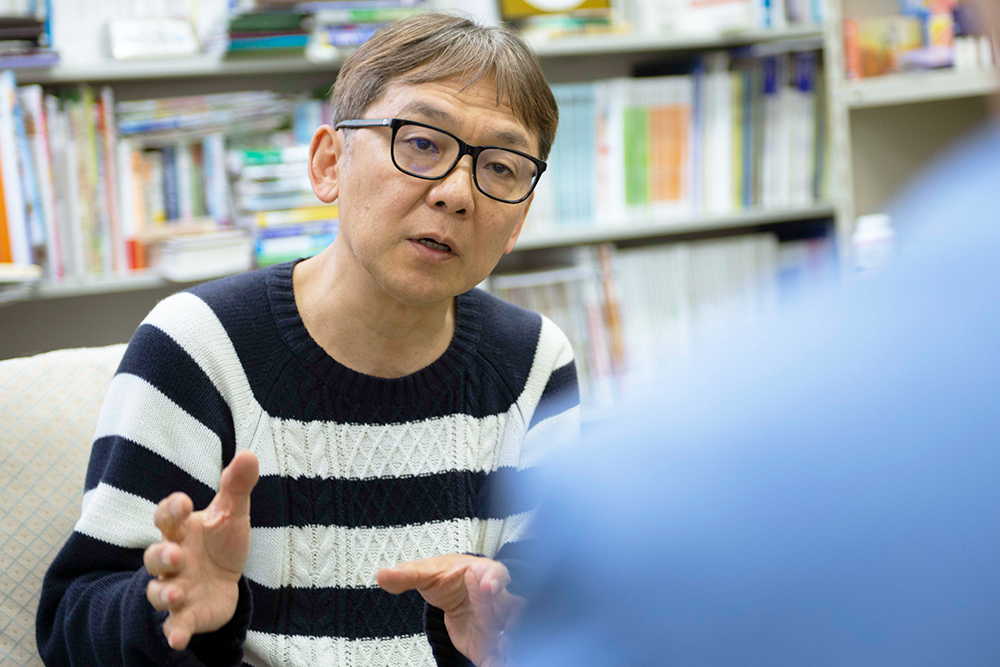
The limits of current medical practices are becoming increasingly apparent. Each patient has their own way of living and thinking, and there are difficult diseases that cannot be treated with Western medicine alone. This is where complementary and alternative medicine (CAM) comes into the spotlight. Traditional medical practices that have been passed down through generations in China, India, Southeast Asia, the Arab world, and Europe are being successfully integrated with Western medicine. In Japan, treatments outside of conventional medicine are not typically available in standard medical institutions. Instead, they are often practiced without any regulation. There are practitioners who deceitfully promise cancer cures without evidence, those who outright reject Western medicine, and some who behave like cult leaders, leading patients to lose both their money and lives. Many have suffered from such malpractices.
Abroad, almost complete systems for educating people about complementary and alternative medicine have been established, but Japan has yet to organize such an infrastructure. I have approached the Ministry of Health, Labour and Welfare about this issue. It seems the Japanese administration is not keen on embracing new approaches unless pressured from above, with a foundational belief that they are not responsible for the consequences of unauthorized treatments. Practices by untrained laypeople, such as homeopathy, profit-driven intravenous therapies, ineffective health foods, and treatments by unlicensed practitioners like chiropractors, are rampant, leaving a trail of victims. Knowledge is essential for those seeking treatment, but it’s also crucial that those providing treatments have a proper place for learning and training. My concept for a graduate school of natural medicine aims to address these challenges.
The Awareness of Japanese People Towards Food
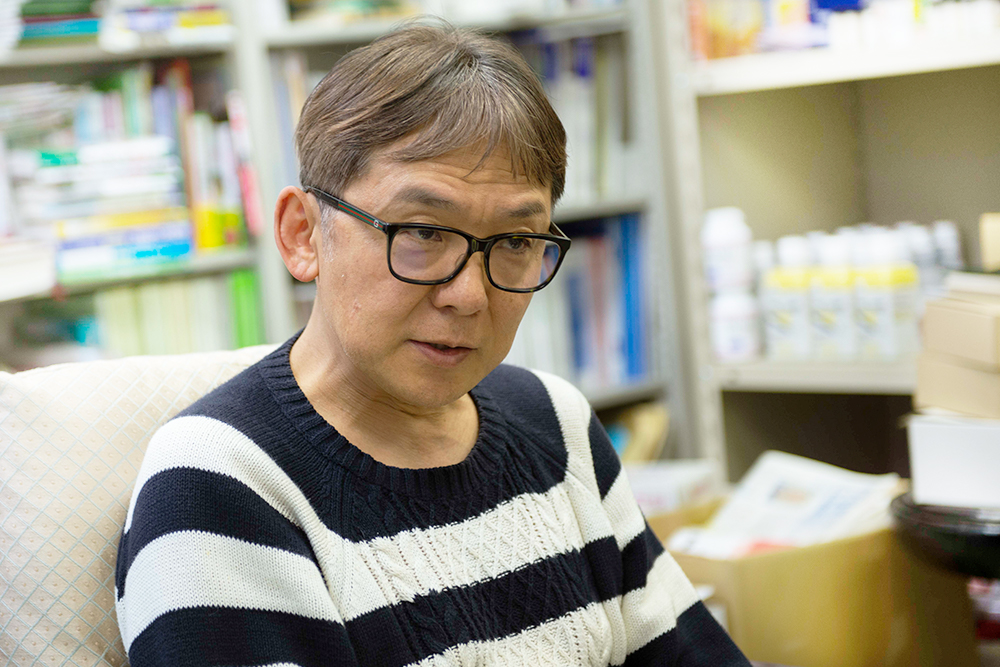
Supermarket and convenience store foods are often formulated with preservatives to prolong shelf life, prioritizing economic benefits over consumer health. Tests on these additives are not conducted on humans. Even if animal testing shows no issues, it does not provide direct evidence of safety for humans. There’s even an anecdote about an employee from a certain milk company saying, “Drinking our milk would be the last thing I’d do.” This reflects a low level of consciousness among Japanese people about what they consume. With almost no regulations on additives, people seem resigned to the idea that if they fall ill, they can simply go to the hospital.
Mikhail Gorbachev once remarked that “there is no society more ideal for socialism than Japan,” suggesting a national mindset of happiness through compliance. On the flip side, there are those who categorically reject all food additives, often extending this aversion to medications. Medications should be seen as a last resort, used when one’s natural healing abilities are insufficient and discontinued when no longer necessary. Rejecting medication while depending on “delegated healthcare” contradicts the trust placed in medical professionals to recommend the best course of action, essentially telling patients not to bother coming to the hospital if they refuse treatment.
Disease Prevention Begins with Combatting Coldness
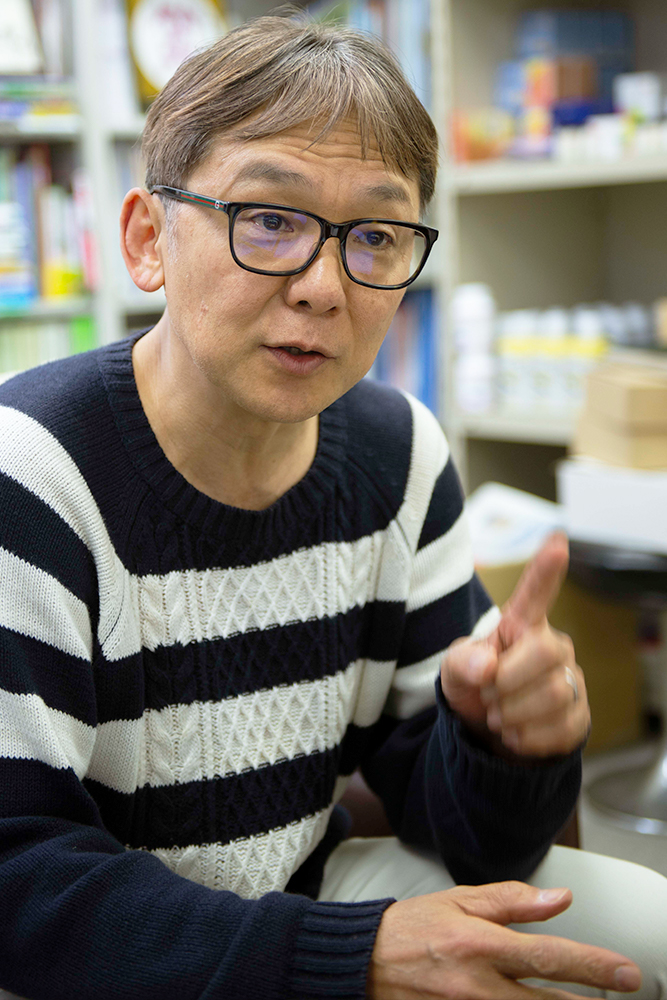
To improve and prevent diseases, it is crucial not to let the body cool down and to maintain a higher body temperature. When the body temperature is low, so is the temperature of the blood, leading to sluggish blood flow. This hinders the efficient transport of oxygen, nutrients, white blood cells, platelets, and waste products throughout the body. Consequently, neglecting this can naturally lead to serious health issues. The reason “coldness” isn’t taken seriously is that it doesn’t directly cause death. The Japanese healthcare system, which only compensates for medical expenses after one falls ill, lacks incentive for prevention. The majority of diseases are self-inflicted. While viruses may be a cause, my avoidance of the common cold stems from effective self-management.
Human bodies constantly deal with cancer cells that form daily. To prevent cancer, it’s about enhancing the body’s processing capacity and immunity. Boosting immunity involves not just raising the body temperature but also what we eat and our mental state. The mind affects the autonomic nervous system. Under stress, stress hormones increase granulocytes, a type of white blood cell, whereas in relaxed states, the release of acetylcholine, a relaxation hormone, increases lymphocytes that deal with cancer cells and viruses. The influence of the mind on the autonomic nervous system means it also affects hormones and immunity. It’s critical not to neglect the state of the mind.
Embracing Death with Acceptance
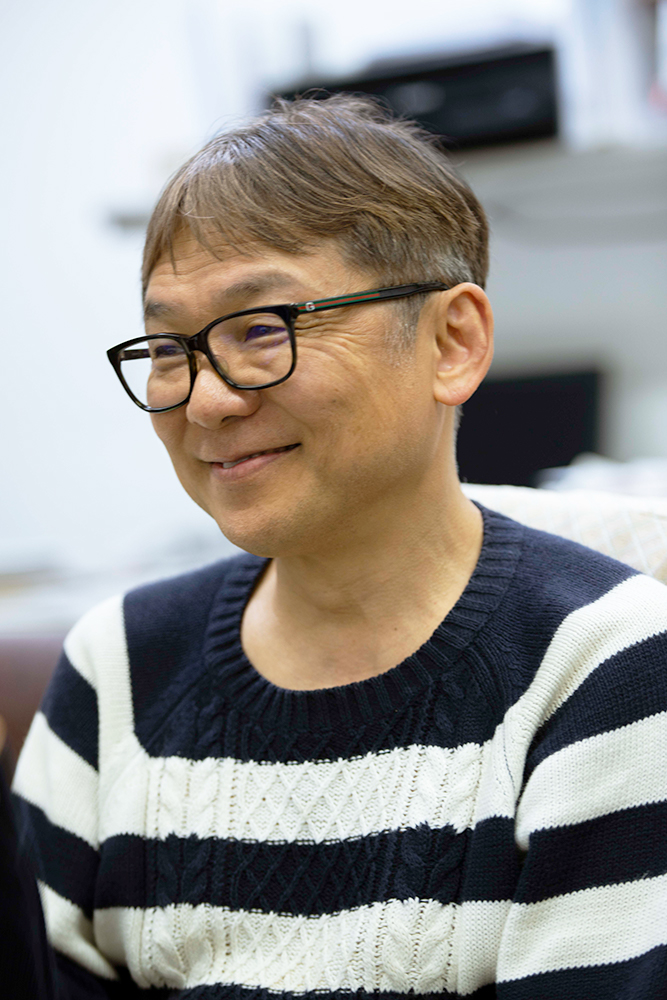
Currently, I plan to die at 69. Having married at 34, staying alive till 68 means I would have devoted half of my life to my wife, giving me an ‘excuse’ to feel content with passing away at 69. However, living life with minimal regrets is a prerequisite for this. Setting a timeline for death motivates one to maintain their health and clarifies what one should do, wants to do, and can do before dying. Even if I were to fall ill with a life-threatening disease, I believe I’d accept it gracefully. Managing one’s health and death independently, rather than leaving it all up to doctors, not only helps reduce medical expenses but also enhances the quality of life (QOL).
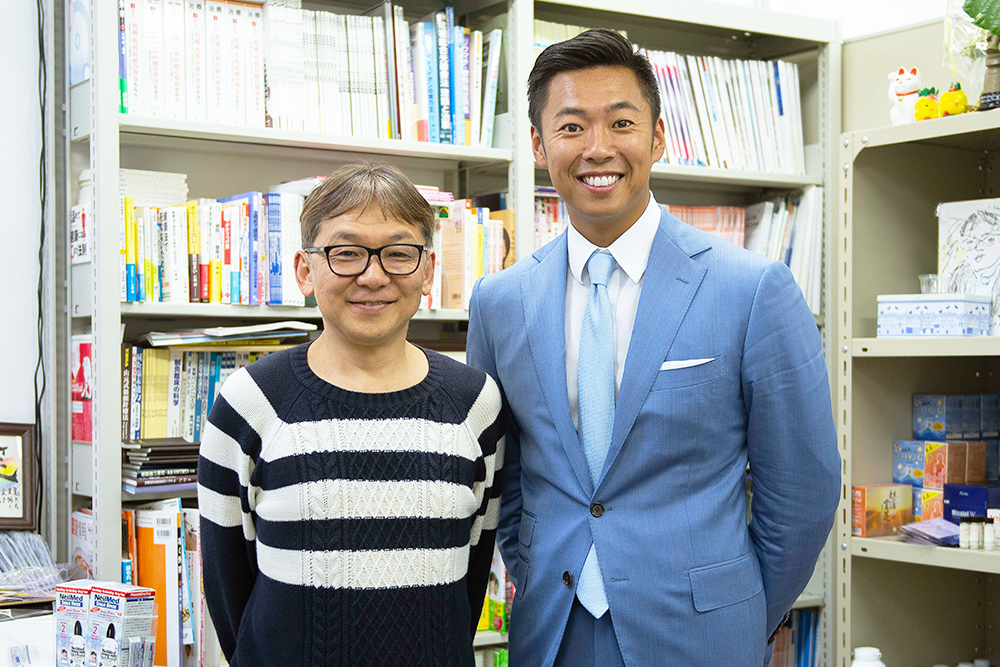
When I mentioned my aim to die at 69, Mr. Sugiyama said he plans to retire at 40. As his last business before retiring, Mr. Sugiyama is planning to get involved in a business that helps people keep their bodies warm and healthy. Yet, retiring at the prime age of 40? It doesn’t seem like he has any health issues, nor does he strike me as someone who would lose their drive. Certainly, he doesn’t plan to die like I do. Regardless, Mr. Sugiyama’s decision to set a deadline and accomplish what needs to be done, what he wants to do, and what he can do by 40 indeed reflects his contemplation of QOD at that age. I’m genuinely curious about what Mr. Sugiyama will do after achieving his goals at 40.
Doctor, Doctor of Medicine, Professor at the Department of at the Department of Acupuncture and Moxibustion, Faculty of Health Sciences, Tokyo Ariake University of Medical and Health Sciences
Director of the Japan Preventive Medicine Association, Akira Kawashima
At 18, I nearly died from anaphylactic shock after eating abalone. That moment taught me that death is a certainty, and it motivated me to live life to the fullest. Considering 40 as the halfway point of life, one must plan and act accordingly. As Dr. Akira Kawashima suggests, considering one’s health and life’s end, there seems to never be enough time, so I’m always running at full speed (laughs).
I strongly resonate with Dr. Kawashima’s clear stance on health insurance and health, and since last year, I’ve started studying body cooling and discovered the various benefits of improving it. Based on Dr. Kawashima’s advice, I plan to work on product development.
April 2018 at the General Incorporated Association Institute of Oriental Medicine Clinic, Writer: Naomi Kusuda, Photographer: Atsushi Arakane




